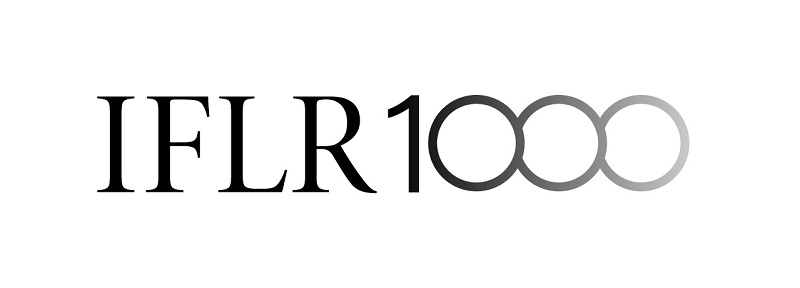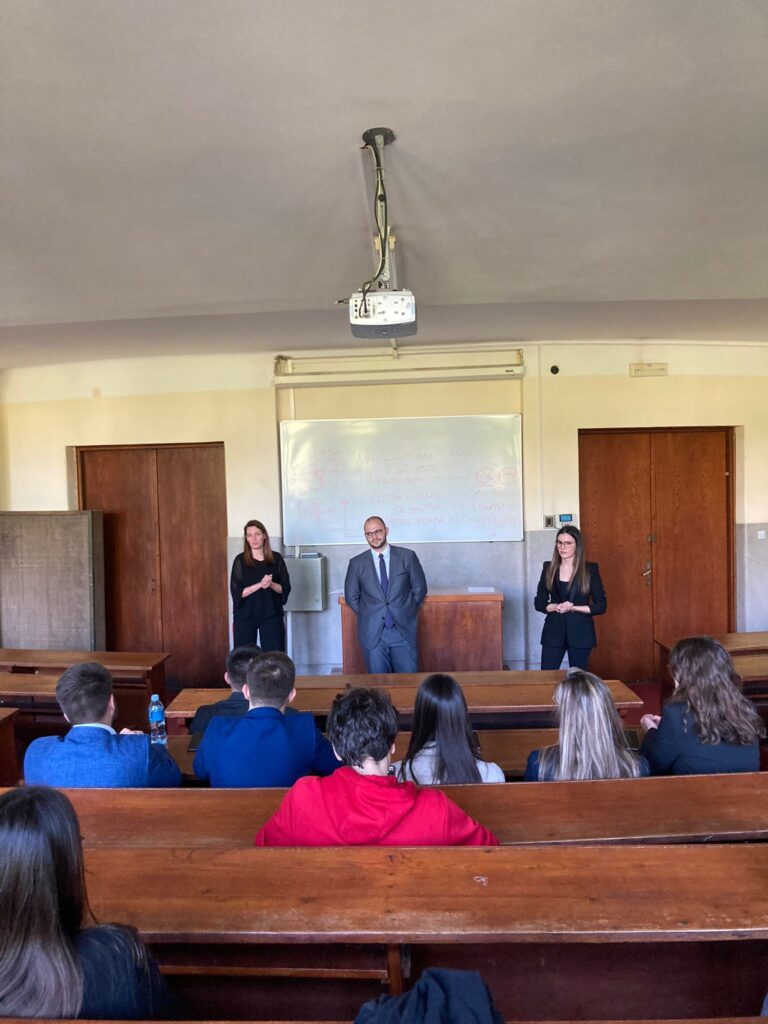Amendments to the rulebook on clinical trials in human medicine
Ljiljana Madzarevic2023-10-25T14:21:06+02:00
Recent amendments to the Regulation on Clinical Trials of Medicinal Products in Human Medicine have recently been adopted and take effect from 11 October 2023. These mainly involve changes to the provisions that regulate the requirements governing the status of Principal Researcher, as well as introducing new obligations for clinical trial sponsors.
Sponsors must now – in addition to other essential documentation – submit a document to the Agency for Medicines and Medical Devices of Serbia (ALIMS) entitled “Institutional Consent in accordance with the statute to conduct research in the healthcare institution” in order to gain approval for clinical trials. This must include a statement that the proposed Principal Researcher meets the requirements set out in these latest amendments.










